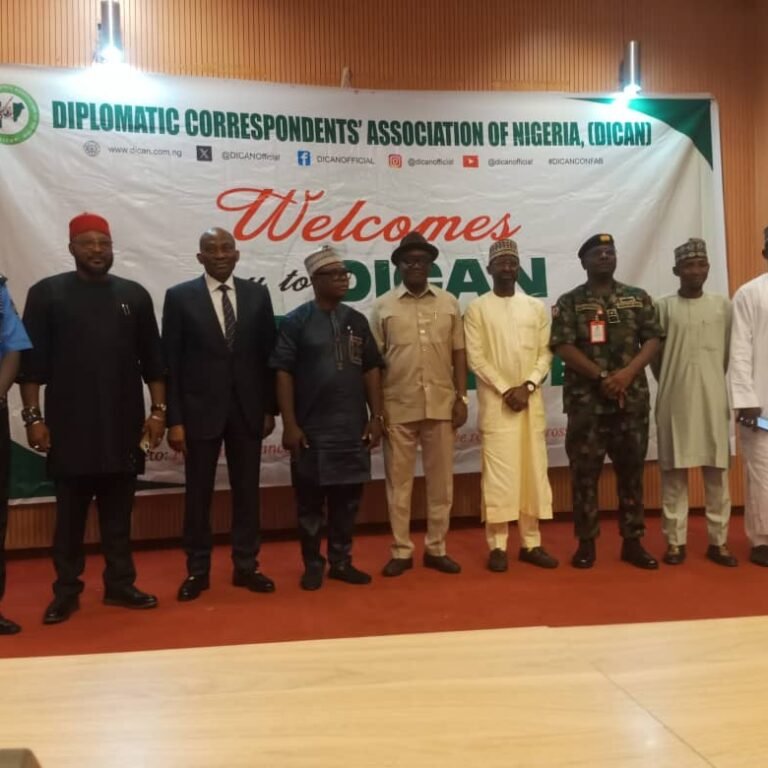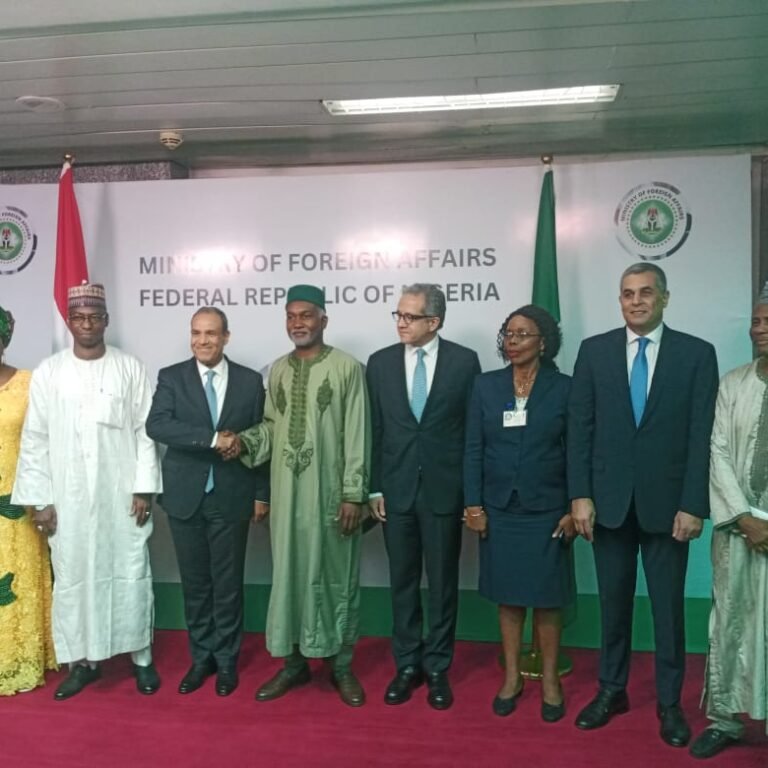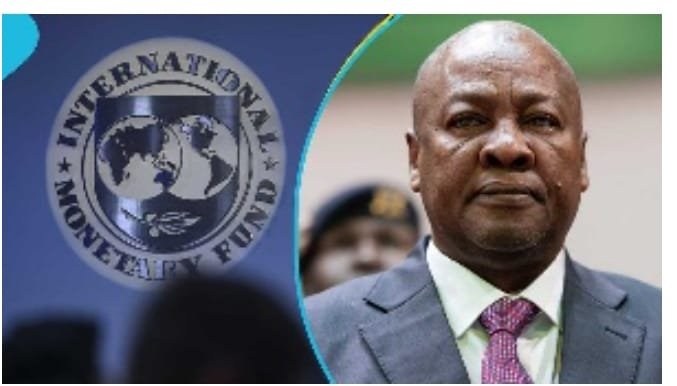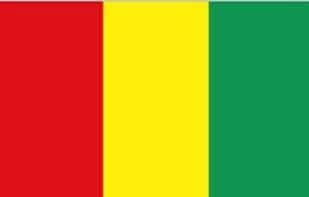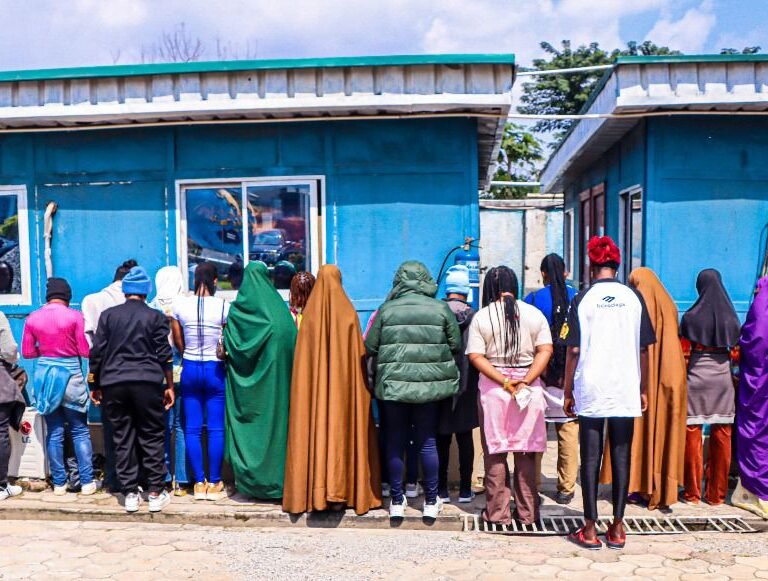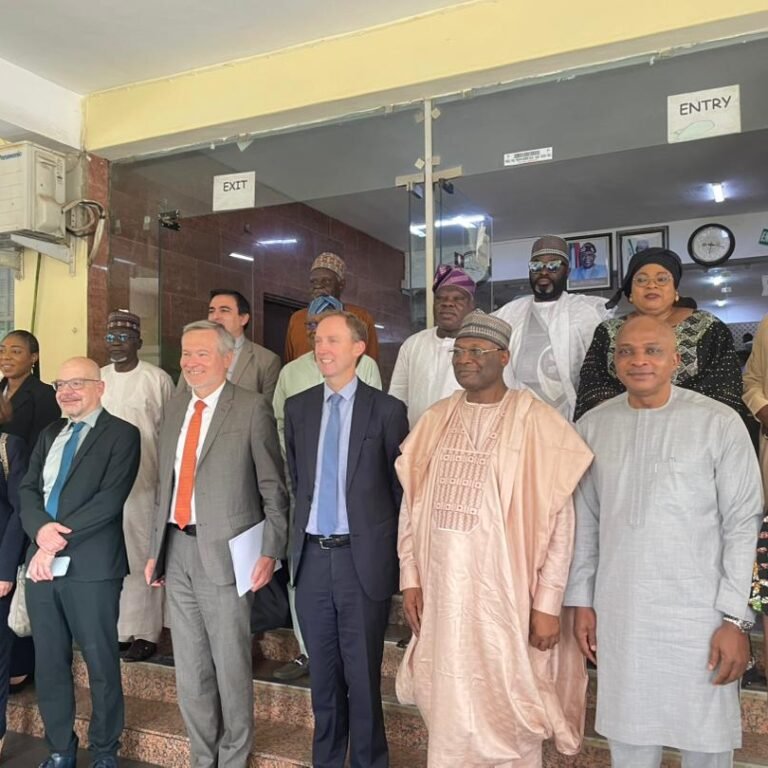
By Ameh Gabriel
The China Cultural Center in Nigeria has marked the 2025 International Chinese Language Day with a vibrant celebration in Abuja, reaffirming its commitment to using language as a bridge to deepen cultural ties and foster mutual understanding between China and Nigeria.
Speaking at the event on Friday, the Deputy Director of the China Cultural Center, Liu Zhaping, emphasized the global significance of Chinese Language Day, describing it as a platform for language enthusiasts and a symbol of cultural diplomacy.
“Chinese is not just a language—it’s a bridge that connects cultures and hearts,” Liu said. “The China Cultural Center has been devoted to advancing Chinese education and cultural exchange in Nigeria since its inception.”
According to Liu, the center offers diverse Chinese language courses tailored to learners of all ages and backgrounds, delivered by qualified and passionate instructors. Beyond language, the center also immerses participants in China’s artistic traditions through cultural activities such as calligraphy exhibitions, traditional opera, and martial arts showcases.
He noted that these efforts have significantly contributed to enhancing cross-cultural dialogue and promoting a better understanding of Chinese values and heritage in Nigeria.
Liu also highlighted Nigeria’s strategic role in fostering China-Africa cultural cooperation and expressed hope that more Nigerians would embrace Chinese language learning as a path to global citizenship.
“This celebration is not just about language. It’s about deepening friendships, enriching global cultural diversity, and encouraging people to write their own extraordinary stories in the shared space between China and Nigeria,” he added.
Nigeria Backs Cross-Cultural Exchange
In a goodwill message, the Acting Permanent Secretary of Nigeria’s Ministry of Art, Culture, Tourism and the Creative Economy, Mrs. Akudo-Nwosu—represented by Assistant Director Nseno Sunday Emiem—praised the celebration as a powerful symbol of global unity.
“Language is more than a tool of communication; it is the soul of a people, the vessel of history, and a bridge between civilizations,” Emiem stated.
She acknowledged the long-standing partnership between Nigeria and China, spanning trade, infrastructure, and cultural engagement—from the ancient Silk Road to modern-day Belt and Road initiatives.
“While Mandarin opens doors to China’s economic and technological growth, Nigeria’s indigenous languages—over 500 of them—hold the key to our own cultural identity and expression,” she added.
Celebrating a Language Spoken by Over a Billion
Also speaking at the event, Director of Education Support Services, Larai Nana Ahmed Musa, noted the global reach of the Chinese language.
“Spoken by more than 1.3 billion people, Chinese is the most widely spoken language in the world. It connects people across continents and cultures,” she said.
Musa praised the Nigerian government’s support in promoting Chinese language education, calling it a gateway to cross-cultural collaboration and economic opportunity.
“As the world becomes increasingly interconnected, learning languages like Chinese helps our youth engage more meaningfully with the global community,” she noted.
The 2025 celebration of Chinese Language Day served not only as a cultural showcase but also as a reminder of the soft power of language to unite, inspire, and build lasting international friendships.


